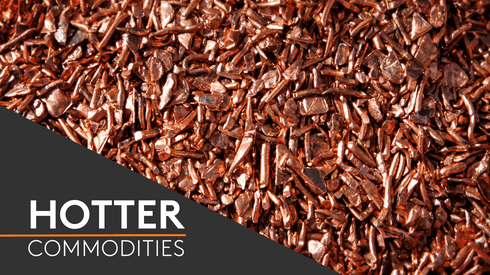“CMOC and Freeport-McMoRan have agreed to terminate discussions on CMOC’s acquisition of Freeport Cobalt,” a spokesman for Freeport-McMoRan told Metal Bulletin.
Following last year’s $2.65 billion sale of its stake in TF Holdings – the Bermuda-based holding company for the Tenke Fungurume copper-cobalt mine in the Democratic Republic of Congo (DRC) – Freeport-McMoRan entered into exclusive talks with CMOC to sell its interests in Freeport Cobalt.
The exclusivity period expired at the end of February and the two parties have now formally agreed to end the discussions.
The company had not confirmed whether it had been approached by other interested parties at the time of writing.
“Freeport Cobalt remains a strong, viable business with a long-term cobalt supply agreement with Tenke Fungurume of well over ten years, providing for a comprehensive mine-to-market solution for cobalt products,” the spokesman said.
The deal, which was rumoured at the time to be worth $150 million, would have given CMOC control of the Kokkola cobalt refinery in Finland and the Kisanfu exploration project in the DRC, and would have given the Chinese company control of the marketing of Freeport Cobalt.
When discussions began in May last year, Metal Bulletin’s benchmark low-grade cobalt price was at $10.60-11.20 per lb and now is almost 2.5 times higher, at $25.40-26.75 per lb as of June 9, as demand for the blue metal has grown rapidly.
The Freeport Cobalt business was set up in 2013 following the acquisition of Kokkola and the downstream cobalt sales division of OM Group for $435 million, in a move that established Freeport as a fully integrated supplier of cobalt products, including carbonate, acetate, hydroxide, oxide, sulfate and powder.
With a refined production capacity of about 15,000 tpy, Kokkola’s production for 2017 is estimated to be in the range of 9,700-10,200 tonnes, according to Darton Commodities’ Cobalt Market Review.




